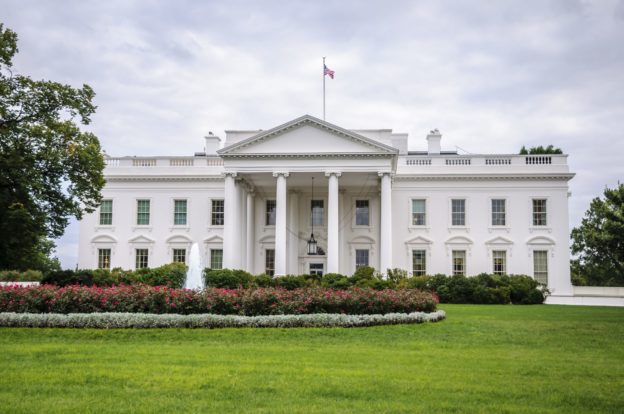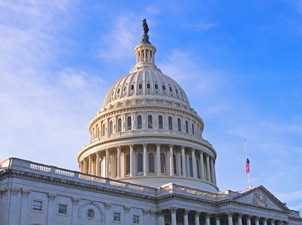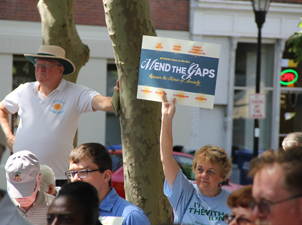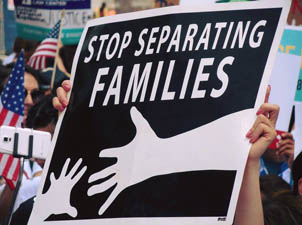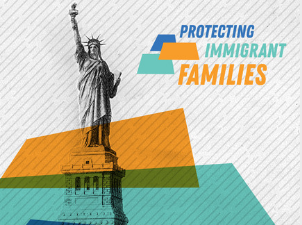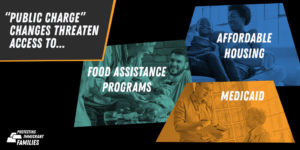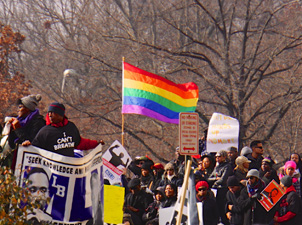
President Biden Extends Federal Eviction Moratorium on Day One
Audrey Carroll
January 21, 2021
On the first day of the Biden-Harris administration, President Joe Biden signed a series of executive orders. Among these was an order to extend the federal moratorium on evictions through the end of March. The moratorium is implemented through the Center for Disease Control and Prevention and seeks to aid tenants financially affected by the COVID-19 pandemic. Yesterday the new director of the CDC, Rochelle Walensky, MD, released a statement saying, “I will extend the order halting residential evictions until at least 3/31/21. The COVID-19 pandemic has presented a historic threat to our nation’s health & has also triggered a housing affordability crisis that disproportionately affects some communities.”
According to data from the U.S. Census Bureau, nearly one in five households were behind on rent in December 2020. President Biden’s executive order provides vital relief for renters struggling to make payments and maintain their housing, especially essential workers and Black and Brown communities who have been the most impacted by COVID-19. Without this action by President Biden thousands may have lost their homes, says president of the National Low Income Housing Coalition Diane Yentel. However, the order lacks enforcement from a federal agency to penalize landlords who unlawfully evict tenants. The CDC order is not an automatic eviction ban, but provides some immediate security for renters as the Biden administration continues to work on their American Rescue Plan which will allocate $25 billion in rental assistance.
No one should live in fear of losing their housing or falling behind on rent. NETWORK agrees with Pope Francis, who said during his 2015 visit to the United States, “We can find no social or moral justification, no justification whatsoever, for lack of housing.” We at NETWORK support the swift actions taken by the Biden-Harris administration on Day One to provide assistance to renters, with an emphasis on alleviating the housing crisis in communities of color. We look forward to working alongside President Biden and our partners to advocate for policies that recognize safe, affordable housing as a human right.







